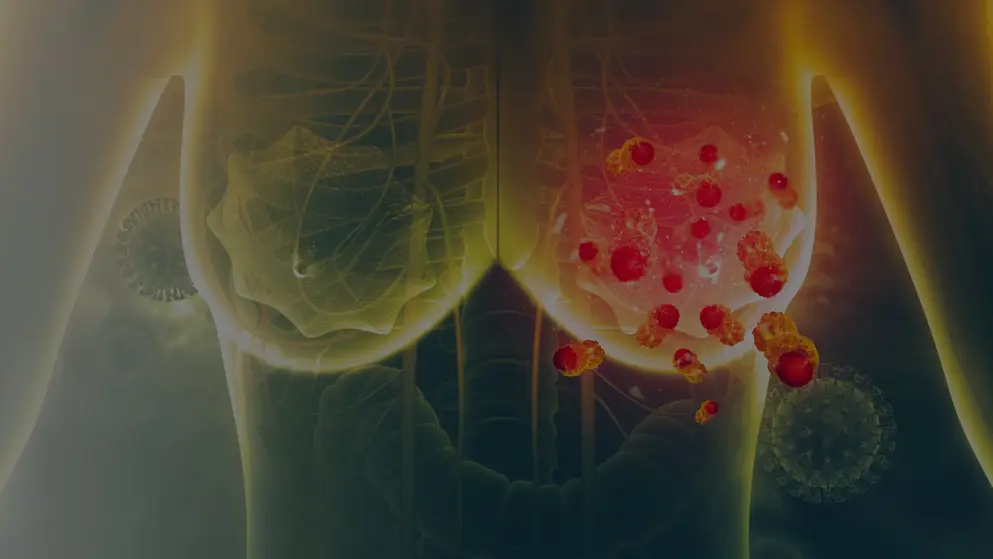
FeDeriCa and MORPHEUS-panBC
FeDeriCa study confirms safety and efficacy of faster, less invasive therapy for EBC
By Elizabeth Donald
In a development for HER2-positive early breast cancer (EBC) treatment, the final analysis of the FeDeriCa study (NCT03493854) reveals promising results for the fixed combination of pertuzumab and trastuzumab for subcutaneous injection (PH FDC SC). The study demonstrates that PH FDC SC therapy is not only comparable in efficacy to traditional intravenous methods (P + H IV) but also offers significant advantages in terms of patient convenience and safety.
The study included patients with HER2-positive locally advanced or inflammatory stage 2–3 breast cancer (N=510). Patients received eight cycles of neoadjuvant chemotherapy followed by a randomised treatment of either PH FDC SC or P + H IV.
Key findings presented by Christian Jackisch (Offenbach am Main, Germany) show that the overall safety profile, including cardiac safety, of PH FDC SC was comparable to that of P + H IV. The 4-year event-free rates for invasive disease-free survival were 89.5% for the IV group and 88.5% for the SC group, while overall survival rates were 95.5% and 94.1%, respectively. Adverse events (AEs) such as serious AEs and cardiac AEs showed similar rates across both groups. Injection site reactions were more frequent in the PH FDC SC arm, but these did not lead to higher discontinuation rates of the therapy.
Most notably, the study confirmed that the pertuzumab serum trough levels during cycle 12 were non-inferior in the PH FDC SC group compared with the P + H IV group, supporting the primary efficacy results.
PH FDC SC has equivalent efficacy and safety to P + H IV, but is more convenient and less invasive for the treatment of people with HER2-positive breast cancer
Professor Diana Lüftner explains why the FeDeriCa findings are so welcome to healthcare professionals. View transcript
Atezolizumab and sacituzumab govitecan show potential in triple-negative breast cancer
Findings from the MORPHEUS-panBC trial, presented by Peter Schmid (Barts Cancer Institute, Queen Mary University of London, UK), showcased the potential of combining atezolizumab and sacituzumab govitecan (SG) as a first-line treatment for PD-L1+ inoperable locally advanced or metastatic triple-negative breast cancer (LA/mTNBC).
The objective response rate was 76.7% and the clinical benefit rate was 83.3% in the atezolizumab + SG arm (n=31), compared with 66.7% and 66.7%, respectively, in the control arm (n=11).
While median progression-free survival data are still evolving, the researchers found a notable trend towards improved outcomes with atezolizumab + SG. Safety profiles remained consistent with the individual drugs, with no new safety signals detected.
The combination of atezolizumab and SG could represent an effective and well-tolerated first-line treatment strategy for TNBC
Professor Rupert Bartsch highlights data on assisted reproductive technologies and on chemotherapy versus endocrine therapy plus cyclin-dependent kinase 4/6 inhibitors. View transcript
of interest
are looking at
saved
next event

